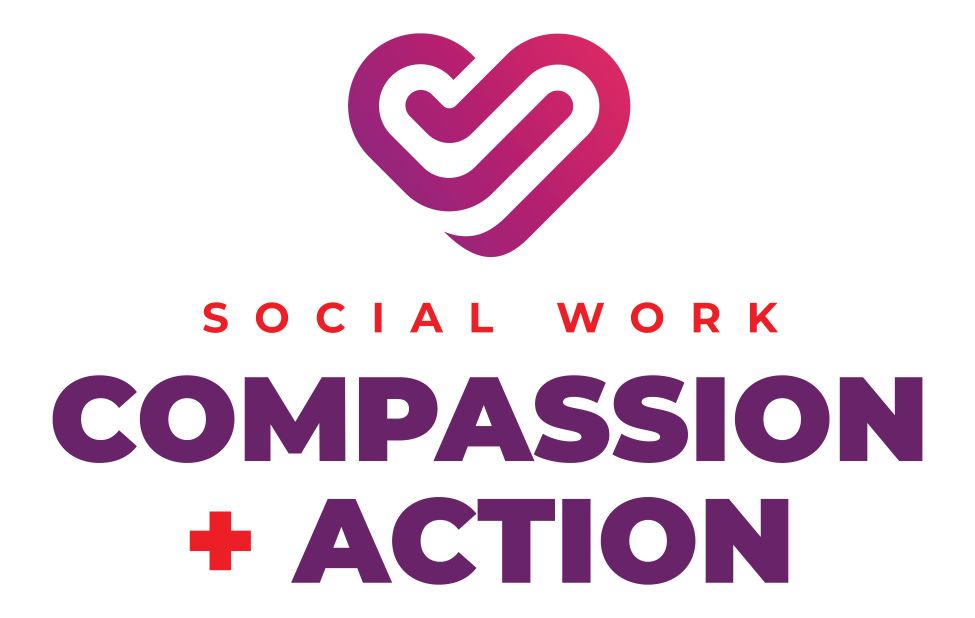There has been a lot of talk about whether or not schools should open in the fall due to concerns over the COVID-19 pandemic. While much has been said about the economic, health, and intellectual impact of one decision or another, not much has been said about the function of schools from a sociological perspective. Beyond the obvious of reading, writing, and arithmetic, what is the point of schooling?

Broadly speaking, education is the transmission of knowledge, skills, values, and beliefs from one group to another. Under the rubric of education, we have schooling, the formal educational process that takes place in institutions such as schools and centers of learning. Arguably, all the talk we hear in the news about parents struggling to teach their kids isn’t about educating them as much as it is about schooling them. Parents educate their kids all the time about things like safely crossing the street or being kind to strangers. On the other hand, most parents are not involved in the day-to-day process of schooling their kids in history, math, or science beyond the occasional help with homework. Typically, this transmission of knowledge happens in the classroom under the tutelage of dedicated teachers, aides, and administrators. In the early stages of the pandemic, parents were quickly overwhelmed by attempting to take over their children’s schooling in addition to their own professional work responsibilities.
However, schooling is more than ABC’s and 123’s. There is also a hidden curriculum made up of lessons that are not associated with the formal educational curriculum. This includes things that aren’t explicitly taught in the classroom but, instead, learned through observation and experience. For example, knowing the etiquette and structure of a classroom or how to engage with teachers differently than you would with family or friends. The things students “pick up” in the context of the classroom are valuable lessons that serve them throughout their lives.
Sociologically speaking, schooling provides kids with important secondary group connections that are large-scale, impersonal, task-focused, and time-limited associations. It also gives them primary group relationships that are small-scale, intimate, face-to-face, long-lasting associations. Typically referred to as peer groups, these are social groups consisting of members with common interests, social rank, and similar ages. How will extended periods of remote learning affect kids’ social development? Experts speculate, but only time will tell how this generation of K-12th graders will be impacted by the social disruptions they are now experiencing.

With ongoing concerns over rising COVID-19 numbers, more and more parents are choosing to homeschool their kids in the fall. Homeschooling is different from remote learning in that with the former, the parent and the child take the lead in guiding the education. By comparison, remote learning has the school teacher guide the lesson for their class of students through a computer portal. Among the advantages of homeschooling is that it would cut through the teacher expectancy effect, reducing the likelihood that teachers’ perceptions of students have an effect on their academic achievement. Nevertheless, the reality is that not every parent has the time, skill, or patience needed to homeschool their kids. In the upcoming weeks, those parents will face a daunting choice: send their kid back to school and risk catching the coronavirus, or plod along with a remote learning approach that may not serve the learning needs of their children. There are no easy answers during the COVID-19 era.
Thompson is a co-owner of UITAC Publishing. UITAC’s mission is to provide high-quality, affordable, and socially responsible online course materials.
Images used in this blog:
- “Woman Reading A Book To The Children” by Yan Krukau is licensed on Pexels. This image has not been altered.
- “Photo of Girl Watching Through Imac” by Julia M Cameron is licensed on Pexels. This image has not been altered.




